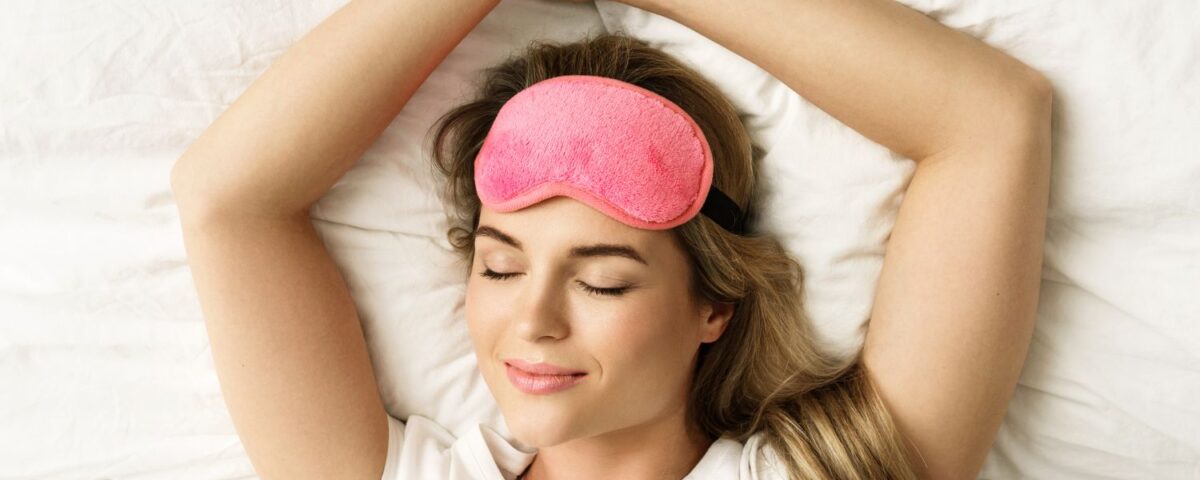
Reclaiming Confidence: Exploring the World of Hair Replacement Systems
March 18, 2024
Hair Regrowth Revolution: Exploring the Effectiveness of Grow Gorgeous Intense Hair Growth Serum
March 20, 2024We all know the phrase ‘beauty sleep’, but how much truth is there in this old saying? Sleep is a crucial aspect of our overall health, but it also plays a significant role in maintaining the vitality and health of our hair. In this article, we will explore the vital role of adequate sleep in hair health.
Understanding the Sleep Cycle
Sleep is broken down into REM (rapid eye movement) and non-REM sleep. These stages are equally important for promoting overall health, including hair health. Non-REM sleep is the deep, restful sleep that promotes physical rest and recovery, while REM sleep is associated with dreaming, memory consolidation, and mood regulation. Both these stages play a key role in hair growth and repair.
Hormonal Regulation
Sleep is also a key regulator of hormones, particularly cortisol, melatonin, and growth hormones, which play crucial roles in hair growth, repair, and maintenance. Cortisol, the body’s main stress hormone, is naturally lowered during sleep. On the other hand, melatonin, which is produced in response to darkness, promotes sleep and is also believed to stimulate hair growth. Growth hormones, which are released during deep sleep, play a crucial role in cellular regeneration, including the renewal of hair follicles.
Cellular Repair and Regeneration
Sleep allows the body to undergo cellular repair and regeneration. During sleep, the body increases the production of proteins, including keratin, which is essential for healthy hair growth. The renewal of hair follicles also takes place during this restful period, leading to stronger, healthier hair.
Stress Reduction and Hair Loss Prevention
There is a strong connection between sleep quality and stress levels. Adequate sleep can lower stress hormones like cortisol, thereby reducing the risk of stress-induced hair loss conditions like telogen effluvium. Chronic stress can disrupt the hair growth cycle, leading to hair thinning and loss.
Optimising Sleep Habits for Hair Health
Improving sleep hygiene and habits can support optimal hair growth and overall well-being. Some practical tips include establishing a consistent sleep schedule, creating a relaxing bedtime routine, optimising sleep environment, and managing stress.
In conclusion, adequate sleep plays a vital role in maintaining hair health by promoting hormonal balance, allowing for cellular repair and regeneration, reducing stress, and preventing hair loss. Ensuring you get your beauty sleep is not just about looking good – it’s about keeping your hair healthy too.




